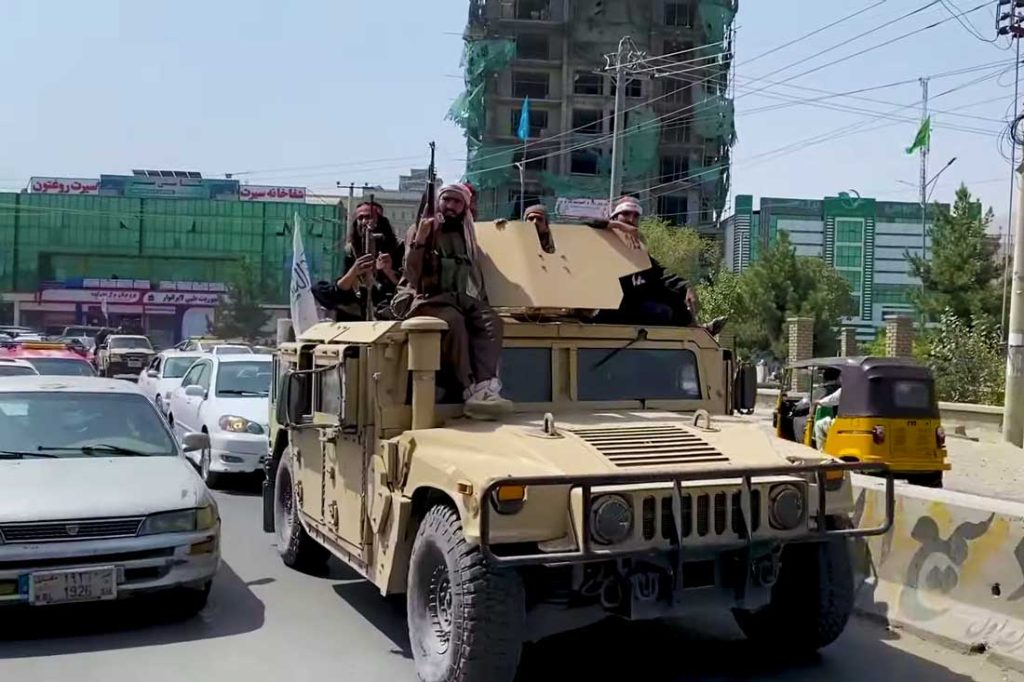
The volatile border between Afghanistan and Pakistan, known as the Durand Line, has once again become a flashpoint of conflict, marked by a series of diplomatic tensions and now retaliatory strikes.
The ongoing strife is rooted in a long history of disputes, primarily over border legitimacy and the harboring of insurgent groups.
The disagreement of the Durand Line
The conflict between Afghanistan and Pakistan traces back to the establishment of Pakistan in 1947, when Afghanistan voted against Pakistan’s admission into the United Nations, advocating instead for an independent Pashtunistan, which would include parts of modern-day Pakistan.
The Durand Line, drawn by the British in 1893, has never been formally accepted by Afghanistan, creating a perennial point of contention.
Pakistan’s support to the Taliban goes in vain
Pakistan supported the Afghan Taliban before and after their rise to power in 1996 and again in 2021.
This support, however, has not translated into peace but rather into increased tensions, particularly with accusations from Pakistan that Afghanistan harbors the Tehrik-e-Taliban Pakistan (TTP), a group ideologically aligned with the Afghan Taliban but focused on attacking targets in Pakistan.
The recent surge in hostilities is attributed to a series of attacks claimed by the TTP on Pakistani soil, which have intensified since the Taliban’s takeover of Afghanistan in August 2021.
In March 2024, a truck bomb attack by militants killed seven Pakistani soldiers in North Waziristan, leading to retaliatory airstrikes by Pakistan into Afghanistan’s Khost and Paktika provinces.
On December 21, 2024, an attack on a check post in Khyber Pakhtunkhwa province in Pakistan, claimed by TTP, left 16 soldiers dead.
Pakistan’s retaliation leads to major escalation
Pakistan’s retaliatory actions were aimed at TTP hideouts.
However, when Pakistani military aircraft conducted strikes in Paktika Province, Afghanistan, on December 25, 2024, the Afghan Taliban claimed the strikes killed at least 46 civilians, mostly women and children, leading to immediate threats of retaliation. The incident prompted Afghanistan’s foreign office to summon Pakistan’s head of mission in Kabul, warning of severe consequences.
In the early hours of December 27, heavy clashes erupted along the border in the Khost and Paktia provinces, with reports from Taliban sources claiming that several Pakistani military posts were captured and numerous Pakistani soldiers were killed. Pakistan responded by downing an Afghan Taliban A-29 Super Tucano aircraft.
The situation remains fluid with reports of an exchange of gunfire across the border, with both nations deploying significant forces, raising fears of a full-scale war.